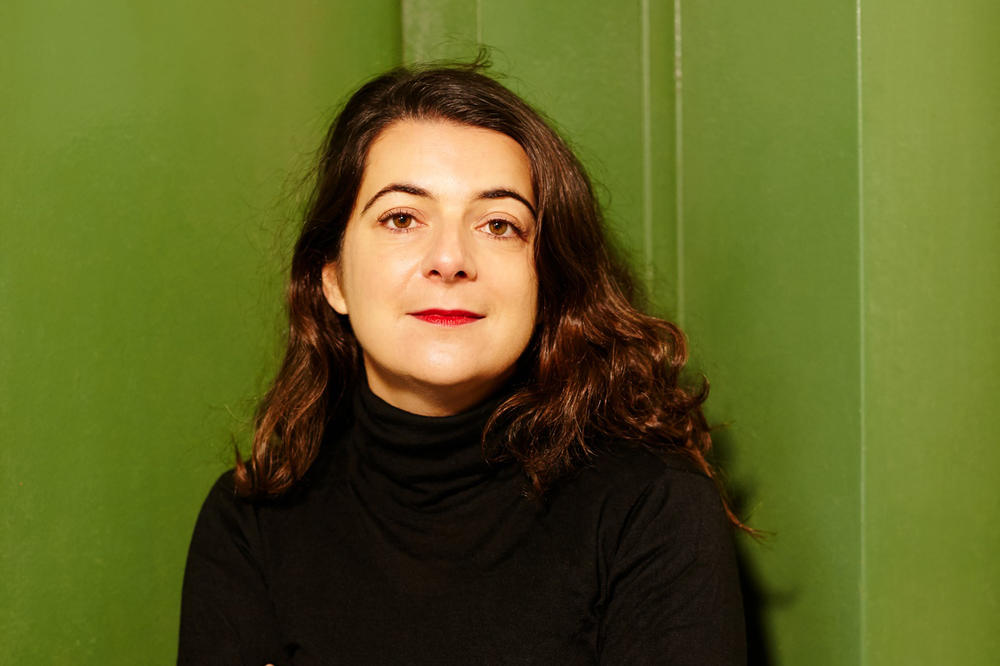“Tunisia is one of the many secondary arenas of this war”
campus.leben series: “How have research and teaching changed since October 7, 2023?” / Political scientist Mariam Salehi
Oct 29, 2024
October 7, 2024, marks one year since Hamas launched its terror attack against Israel. We asked scholars at Freie Universität Berlin who teach and conduct research on the region and the conflict in the Middle East for their perspectives. What is their professional view of the situation? How has their work and their discipline changed over the past year?
A commentary by political scientist Dr. Mariam Salehi
I have spent more than ten years researching conflict, violence, and transitional justice in Tunisia and visited the country from October to November of last year to carry out fieldwork. Despite its geographical distance from Israel and Gaza – Tunisia lies approximately 2,300 kilometers away as the crow flies – the war has still made its mark on the country. To the world, this was most apparent through the public demonstrations of solidarity with the people in the Palestinian territories. This sense of solidarity has historical roots – the headquarters of the Palestinian Liberation Organization (PLO) were located south of Tunis during the 1980s, where they were bombed by the Israeli air force in 1985. However, as a researcher from a German institution, I was also confronted with other indicators of how the conflict is affecting the Tunisian people, namely a lack of understanding and disappointment with German foreign policy.
Since the Tunisian Revolution in 2010/2011, many of my interview partners from progressive civil Tunisian society have been working with German foreign policy representatives, for example, political foundations. Now they felt as if they had been left in the lurch – or were generally being treated with suspicion. In particular, one argument was that any policy that accepts the war as necessary and that appears not to take long-standing partners into consideration plays directly into Tunisian autocrats’ hands. One human rights activist told me that he found it difficult to continue his work and advocate for international collaboration with Western states when they clearly do not care about “Arab lives.” Tunisia is one of the many secondary arenas of this war. The consequences of this may be indirect, but they are very real.
About the authorDr. Mariam Salehi is a political scientist and conflict researcher. She leads the research group “Transnational Conflicts” at the Center for Interdisciplinary Peace and Conflict Research at Freie Universität Berlin.

